COMMISSIONER Makoto Yoshida, Commander of The Salvation Army's Japan Territory, reports that the country's recovery from a devastating earthquake and tsunami is 'going well', although he says that ongoing problems at the Fukushima Daiichi nuclear power station continue to cause 'some uneasiness among the people'. He says that everyday goods, including fuel, are becoming easier to obtain and that around 70 per cent of roads in the disaster zone have now been reopened.
The commissioner adds that the search for missing people is proving to be difficult. Officials report that 15,000 people are still missing, in addition to the 12,000 people known to have been killed in the disaster. Around 166,000 people had to be evacuated from their homes.
The Salvation Army continues to provide assistance where there is a need.
More than 1,100 meals and other necessities were distributed in Sendai on 23 March. Treats were given to the 83 children who went to the distribution. Power and water have now been restored in Sendai so The Salvation Army is likely to end its distribution there, although it may continue to provide assistance to needy areas north of the city.
The story is similar in Yabuki-cho, where Major Kenji Fujii and Captain Kazuyuki Ishikawa met the mayor, who reported that many houses that look fine from the outside actually suffered significant damage and will have to be demolished. Recently installed water pipelines for agricultural usage were destroyed, leading to the loss of the next rice harvest – a significant part of the area's economy.
The Salvation Army emergency team left goods in storage, to be used as necessary. The community was also given a clear message that The Salvation Army would provide support in the future if requested.
At Iwaki-city, which is just outside the 30-kilometre exclusion zone from Fukushima, a team of seven Salvation Army workers distributed 500 hot meals and 6,000 bottles of water in response to a request from the director of the emergency response volunteer desk.
Kesen-numa – about 120 kilometres north of Sendai – was badly damaged by the tsunami. The corps officer (Salvation Army church minister) from Sendai contacted a minister in Kesen-numa and discovered that the community needs support. It has been arranged for two Salvation Army emergency teams to carry out daily distributions of food and other necessities from 12 to 15 April.
Thirty kilometres north-east of Kesen-numa is the coastal community of Rikuzen-Takada, which was badly damaged by the tsunami. A Salvation Army team distributed hot meals and water on 5 April. While there, team members investigated how the Army can offer further assistance.
Salvation Army in Japan Continues to Offer Assistance to People in Need
Discover more
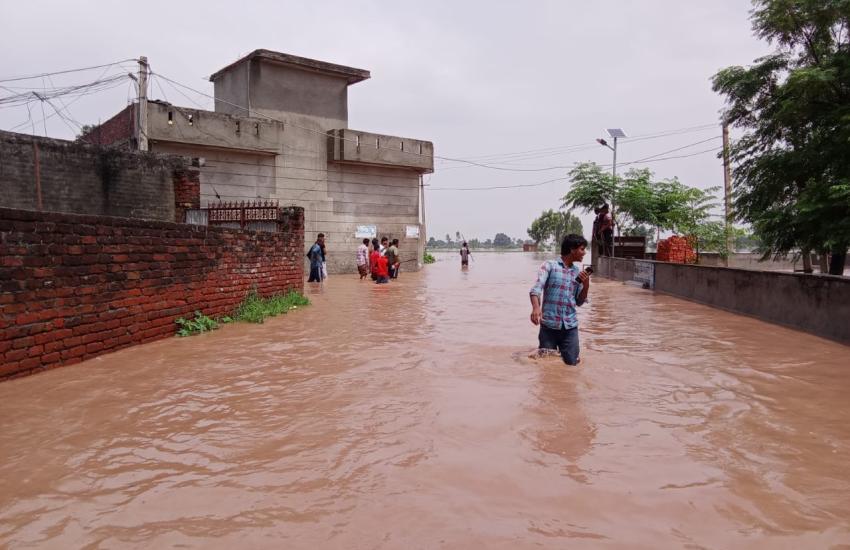
Monsoon devastation in Northern India
The Salvation Army responds
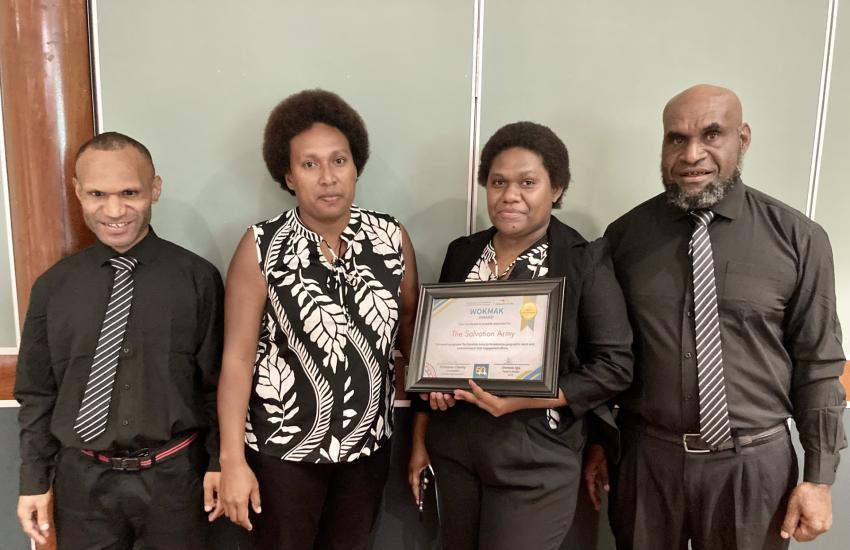
The Salvation Army in Papua New Guinea is honoured with inclusivity award
The award recognises The Salvation Army’s extensive geographic reach and inclusive engagement efforts across its programmes.
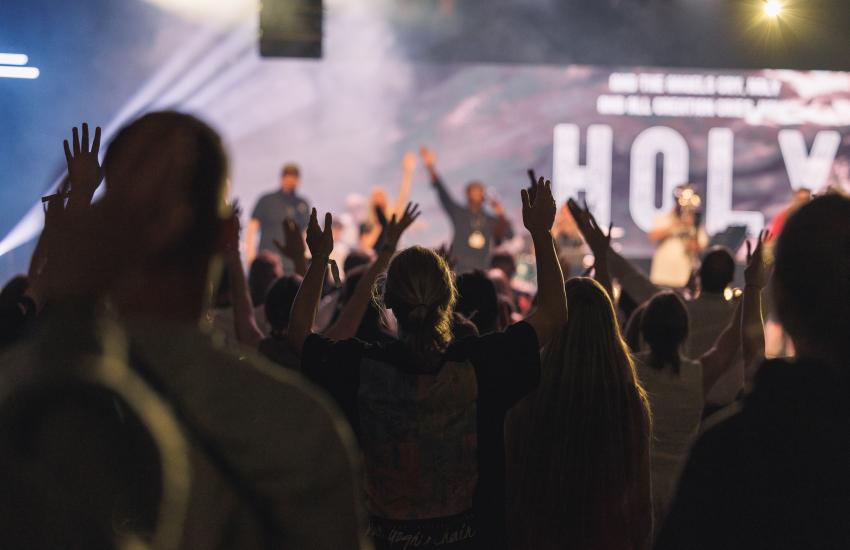
EYE 2025: Young people across Europe dare to look up
Young Salvationists invited to look up and see God moving across Europe and their lives.
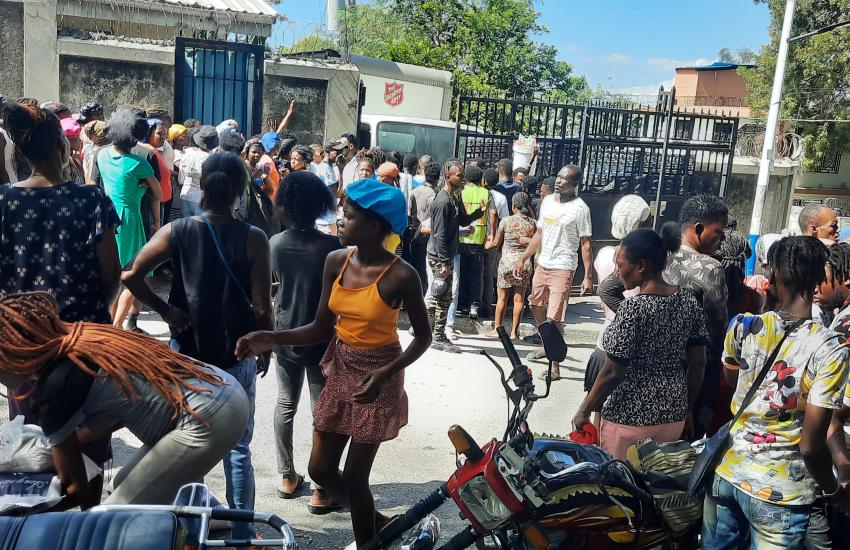
World Humanitarian Day 2025
The Salvation Army joins the global community in commemorating World Humanitarian Day 2025 (19 August) – a day to honour the courage, compassion and sacrifice of humanitarian workers around the world.
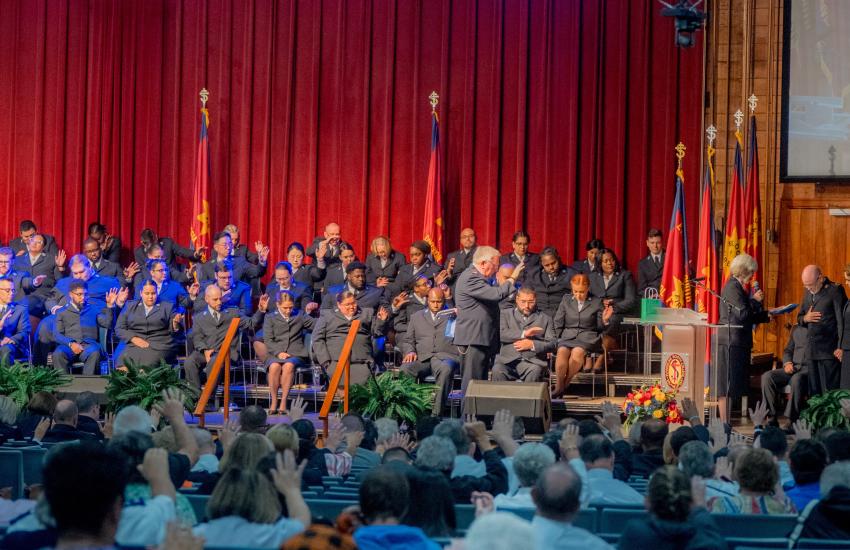
International leaders encourage USA Southern Salvationists to be ‘Kingdom influencers’
General Lyndon Buckingham and Commissioner Bronwyn Buckingham have encouraged and challenged delegates to the USA Southern Territory Bible Conference, held at Lake Junaluska, North Carolina, from 3 to 9 August 2025.
Conversations with the General: young people
Salvation Army young people from around the world met with the General and Commissioner Bronwyn to share their hearts, ask questions and talk about their hopes for the future of The Salvation Army.